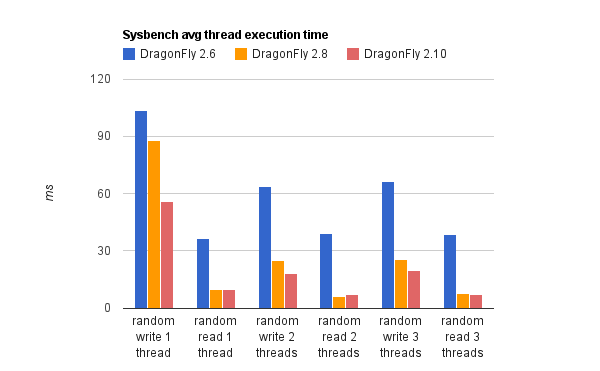Not shirts with zombies on them, but DragonFly shirts that don’t have a seller. I had a random Google search turn up a store selling DragonFly T-shirts, among other things. It was essentially a spam store. The seller wasn’t producing anything but instead reselling other people’s material for a commission, similar to the splogs out there that recopy material from other blogs or Wikipedia and slap ads on it. (I’ve seen Digest material pop up that way.)
Following the link back shows that the shirt is sold through a Cafepress store called ossgear. It looks like the original store owner asked permission to use the logo back in 2006. ossgear.org is no longer a functioning domain, and I can’t find any other reference to this seller; they appear to have stopped doing business 5 years ago.
The moral of this story: Sites like Cafepress will try to profit from your work long after you’ve stopped using them. The frustrating part is that the logo isn’t even right!

